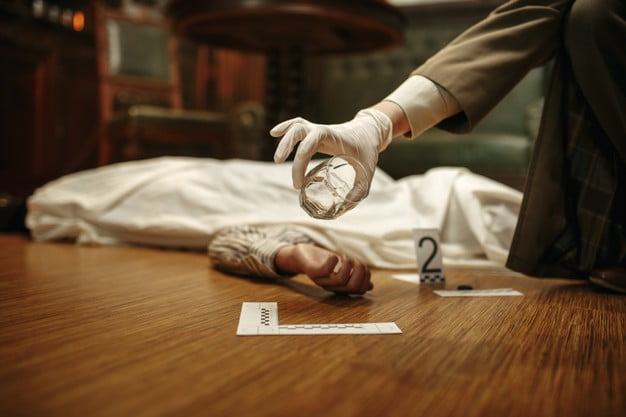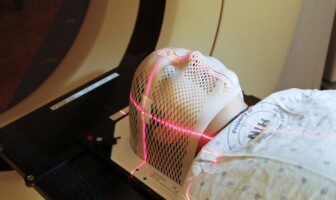
Evidence is an essential piece of information that can be used during legal proceedings to prove or disprove a criminal charge. The source of evidence can vary from eyewitness evidence to forensic evidence. Moreover, it can also include the spatial relationship between objects, places, people, etc.
Evidence gathering is a critical process, and a normal person may not find or analyze the evidence that an experienced lawyer can do. Hence, it’s crucial to hire a reputable lawyer when you’re charged with a crime. Anyway, you will learn about different types of evidence in this article.
Things to Know Before Gathering Evidence-
Here you will understand some key points about evidence. For legal consultation, you can visit the official website of the CL Law firm to consult an experienced Criminal Defense Lawyer in Atlanta.
1. Eye Witness Evidence:
First and foremost, the court gives high probative value to the eyewitness evidence. The eyewitness evidence must come from a competent and independent individual with excellent physical and mental ability.
The court considers several other factors to test the information. It can testify to the competency, credibility, and independence of the witness from the crime scene.
2. Physical Evidence:
Any physical object or place can be considered as evidence which the court might need to examine for interpreting the facts. There are several things that can be regarded as physical evidence, such as fingerprints, weapons, tool impressions, tire marks, etc.
This physical evidence can be used as essential pieces of information to interpret suspected events. The fact interpreted from the examination can help the court to determine if there is any connection of the accused with the crime scene.
3. Relevant Evidence:
Relevant evidence includes circumstantial facts that relate to the offense. The evidence must be an element of the crime or offense that can be considered as relevant evidence.
It will not be considered as relevant evidence if the time, place, identity of the accused do not relate to the offense. Relevant evidence includes both direct and indirect evidence. Indirect evidence is a type of circumstantial evidence that is not directly connected to the crime.
4. Direct Evidence:
Direct evidence does not need any interference of assumptions for reaching a conclusion. This evidence goes direct without assuming, or they don’t need any supporting evidence for the truthfulness.
For example, a clip from the security camera capturing an incident can be used as direct evidence. However, direct evidence is not the same as direct examination or questioning of a witness.
5. Corroborative Evidence:
Corroborative evidence is a type of supportive evidence that supports the previously presented submitted to the court. It tends to support the truthfulness and validity of the previous evidence. For example, a DNA sample can be presented as corroborative evidence that the sample found on a victim is the same/different as the DNA sample of the accused.
Not only DNA samples but corroborative evidence can also be considered if the two independent witnesses give the same statement. If it can be proved that the individual witness didn’t collaborate before giving their statement, it can also be considered as corroborating evidence.
6. Disclosure of Evidence:
In the process of investigation, the investigators need to know that all the evidence in the process is subject to disclosure. An accused has the right to disclose all the evidence of the investigation.
The disclosure of evidence includes the documents such as Charging documents, witness statements, audio or video statements of eyewitnesses, the accused’s criminal record, etc. The investigator has no right to conceal the essential information that needs to be disclosed to the accused.
Final Words:
Hopefully, the above information has helped you to understand different types of evidence. No matter how much legal knowledge do you have, you cannot fight for your case on your own, especially in a criminal case. You need a criminal lawyer to represent your case on your behalf. Again, you should follow the right steps to find the best criminal lawyer before hiring.




























